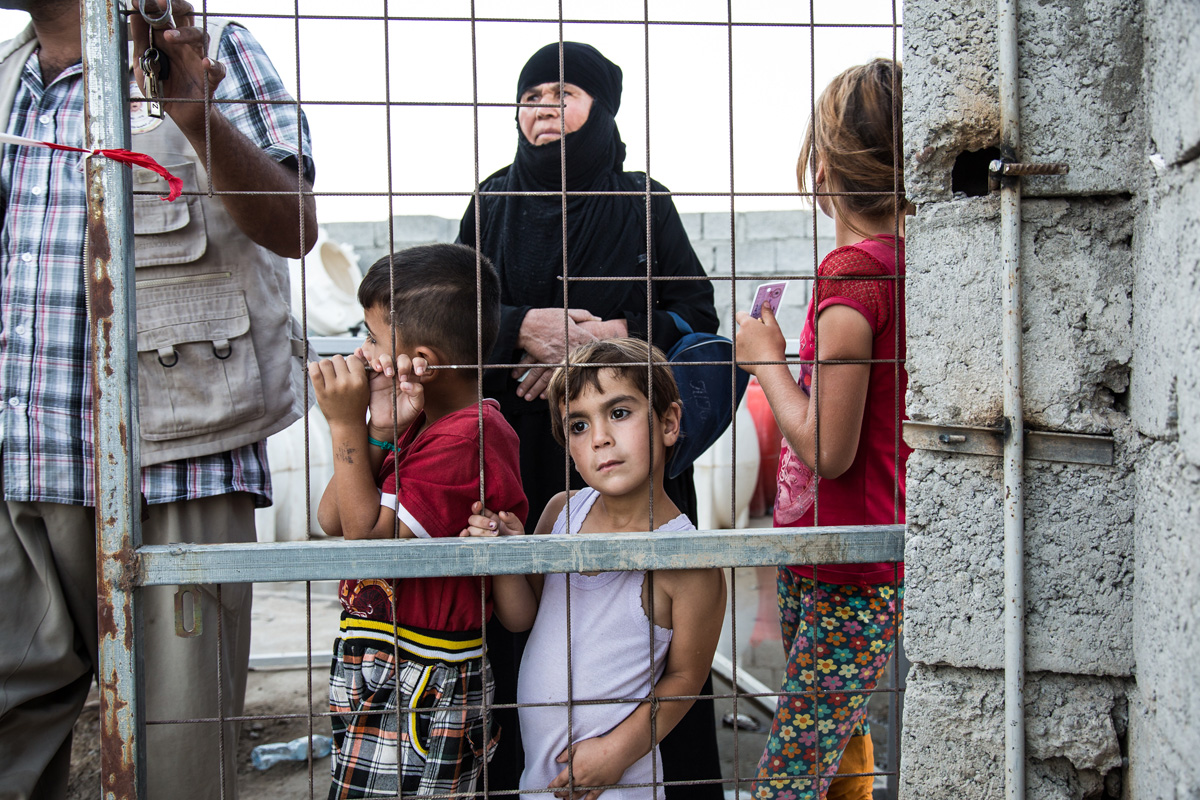Blog Home > rwanda
-
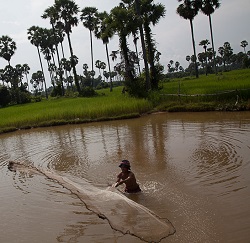
Climate Change and Mass Atrocities: A New Research Frontier
August 16, 2017
As climate change increasingly affects societies worldwide, its links with mass atrocities warrants further exploration. However, rigorous studies are few and far between. While there is some evidence to suggest a link between climate change and mass atrocities, more work should be done to understand the nature of those links, what types of climate impacts affect atrocities, and how a better understanding of the relationship might influence prevention activities.
-

Atrocities Early Warning Q&A: Christopher Tuckwood
August 7, 2014
One of the first things I did as part of my work on the Early Warning Project was to scan the field and see who else around the world was doing what to assess risks of mass atrocities. That research led me to the Sentinel Project and its executive director, Christopher Tuckwood, whose work I continue to follow and admire. I recently emailed a few questions to Chris; here are his replies.
-
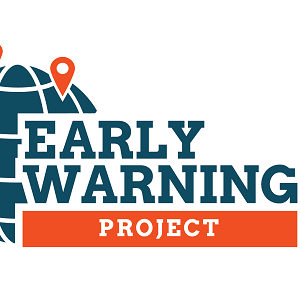
Predicting Violence Within Genocide
June 24, 2014
Can we predict when and where violence will likely break out within cases of genocide? I present a theoretical model to help identify areas susceptible and resistant to violence during genocide. The model conceptualizes violence onset as a function of elite competition for control of the state from above and the ethnic segregation of society from below.
-

For Civilian Protection, Mission Matters, Too
June 18, 2014
A couple of recent posts on this blog (here and here) have examined whether UN peacekeeping operations (PKOs) can help prevent mass atrocities and reduce battlefield violence, especially in the context of South Sudan. The conclusions reached on how peacekeepers can shelter civilians and save lives are well taken.
-

Another Take on the Risk of Mass Killing in Rwanda
June 4, 2014
In a new post on African Arguments, Bert Ingelaere and Marijke Verpoorten ask rhetorically if state-led mass killing could happen again in Rwanda and answer with an unequivocal yes.
-
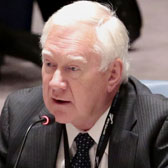
UN Security Council and US Senate Pass Resolutions on the Prevention of Genocide
April 21, 2014
Both resolutions commemorate the 20th anniversary of the Rwandan genocide and call on states to recommit themselves to the prevention of and fight against genocide and other serious atrocity crimes.
-
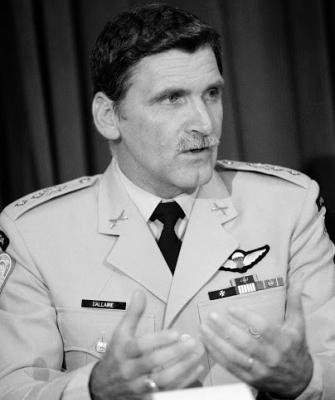
Museum Launches Initiative to Examine International Responses to Genocide
January 9, 2014
The Museum has released previously unpublished material about a pivotal moment in the lead-up to the 1994 Rwandan genocide as part of new project that examines the massive failure of the international community to stop one of the most horrifying and brutal episodes of mass violence that the world has seen since the Holocaust.
-
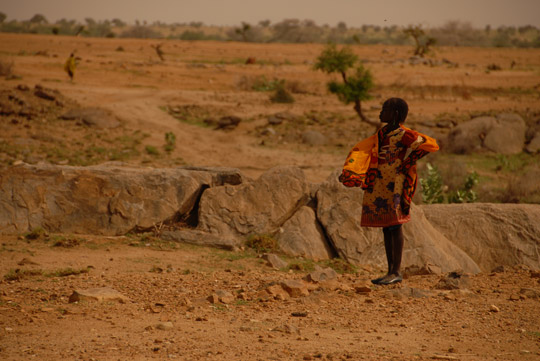
A Day for Women Everywhere
March 8, 2011
Today, March 8, is International Women's Day. This year marks the 100th anniversary of the day's commemoration. It is a time not only for celebration and appreciation, but also reflection of the risks and hardships women face still today.
-
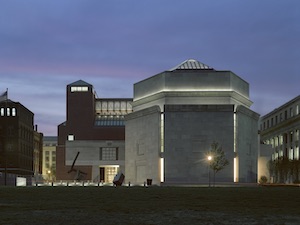
Museum Reacts to new UN Report on Congo
October 1, 2010
The U.S. Holocaust Memorial Museum today reacted to the new United Nations report on human rights violations in the Democratic Republic of the Congo (DRC). Published by the United Nations High Commissioner for Human Rights, the report outlines the most serious violations of human rights and international humanitarian law in the DRC between 1993 and 2003 and offers a range of transitional justice options to deal with the legacy of the crimes.
-

UN Report on Congo Raises the Possibility of Genocide
September 9, 2010
Leaked to the press on August 26, a draft report by the United Nations High Commissioner for Human Rights -- which assesses human rights violations in the Democratic Republic of the Congo (DRC) -- has drawn international attention for asserting that invading Rwandan troops (APR) and their rebel allies, the AFDL, killed tens of thousands of Hutu, including many civilians, across eastern Zaire (former DRC) in 1996 and 1997. The violence, the report concludes, could be classified as genocide.

